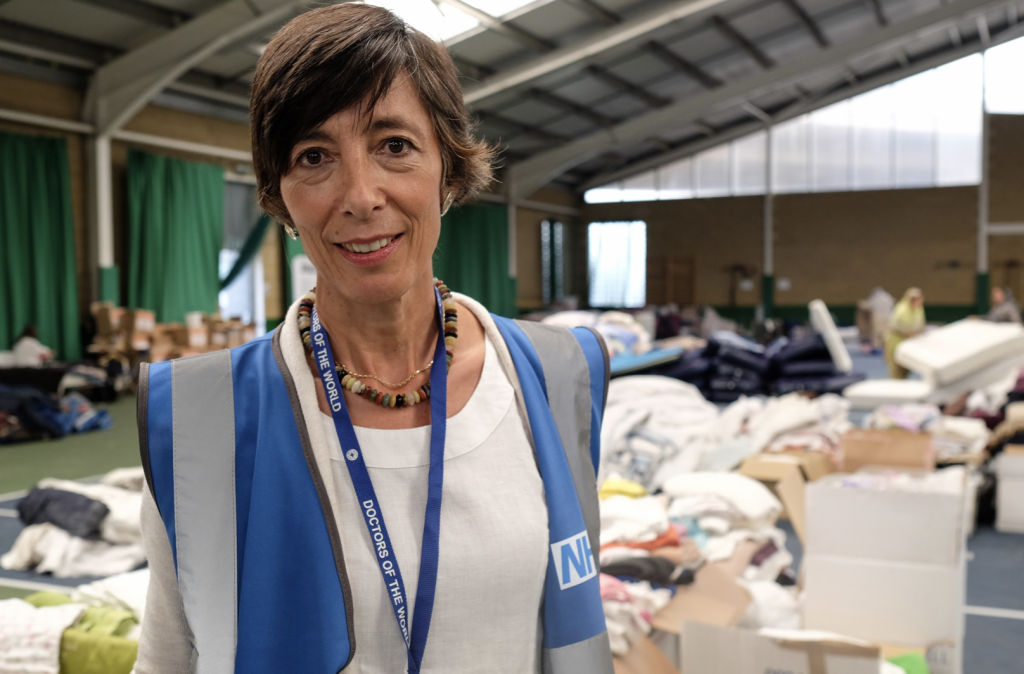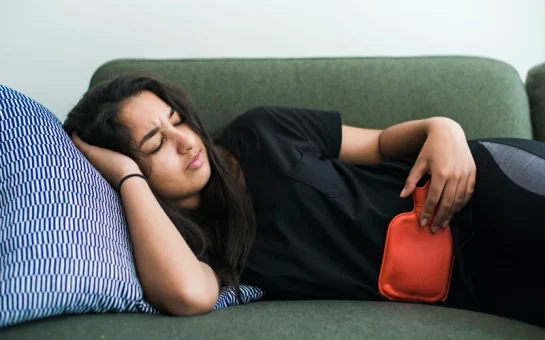May 10 2020, 07.50
Follow @SW_Londoner
A labiaplasty is a cosmetic surgery that saw the most growth in the world between 2015 and 2016.
In that year, more than 200 girls under 18 underwent the surgery and more than 150 of them were under 15.
In 2020, the lack of up-to-date statistics about the growth of its practice is worrying.
Janice Rymer, consultant gynaecologist and spokesperson for the Royal College of Obstetricians and Gynaecologists, said: “We are very concerned by reports that labiaplasty rates are increasing in those under 18, especially as there is no scientific reason to support its practice.
“This procedure should not be undertaken on under 18s.”
While most of the surgeries are conducted in the private sector, the NHS offers labiaplasty when serious functional problems occur such as abnormalities or removal of cancerous tissue.
However, the portrayal of women in the media and a lack of education on female genitalia often distort the reality behind these surgeries.
For decades concerns were raised about young teenagers seeking genital surgeries because of body insecurities stemming from social media and pornography.
Dr Paquita de Zulueta witnessed the fast rise of the trend back in 2007.
She said: “As a GP, young girls coming and saying there was something wrong with them was astonishing at the time.
“I had never seen young women coming with this obsession with their genitalia yet.”

It is not all black and white in the medical world and when physical insecurities lead to mental health issues, cosmetic surgery is sometimes a solution.
Dr Shirin Lakhi, who specialises in non-surgical treatments, said: “If something bothers someone to be extremely affected in their mental health and life, they should go and do something about it.
“I think we just need to be careful not to push our ideals on people.”
Although there is a grey area when it comes to the extent of mental health issues caused by body insecurities, labiaplasty comes as a saving grace for some women.
Sophie (name changed), 53, recently underwent a labiaplasty for aesthetic reasons and said she finds it more attractive now.
She said: “When I was younger things like that weren’t discussed but it needs to be addressed because teenagers can go through life thinking there’s something wrong with them.”
Under the umbrella of body dysmorphia, mostly caused by social media and peer pressure, we often hear the term ‘designer vaginas’ which refers to having everything tucked in.
Dr Lakhani added: “The vagina itself is the birth canal so when people talk about designers vaginas, they are talking about the vulva, not the vagina.
“It’s an incredibly misogynistic term because most women aren’t looking for a designer vagina, they’re looking for functional improvement in their intimate health.”
There are concerns that social media distorts what normality is, to the point where people forget what normal should look like.
For example young teenagers trying to look like their filters and achieve something impossible is a dangerous game which can often lead to body dysmorphia.
“A lot of young people are made utterly miserable by social media because they’re always comparing themselves and think they’re not good enough,” added Dr de Zulueta.
An article published on YouGov in 2019 highlights the public’s lack of knowledge when it comes to their genitalia.
It showed that 45% of women could not label the vagina and around half of both genders failed to label the labia (52% of men and 43% of women).
Furthermore, studies show that 15% of young girls’ requests for labiaplasty has been at the mother’s request.
To most professionals, the best way to educate people about their bodies is to normalise the discussion about it.
Some, like Dr de Zulueta, think involving and educating parents is key.
Dr Lakhani claimed the ideal way would be to connect with the younger generation through the channels they engage in – such as Snapchat, Instagram and TikTok – in a way they can relate to.
Tools like the BritSPAG pamphlet ‘What is vagina anyway’ or places like the Vagina Museum and the Great Wall of Vagina in London are made available for women to connect with their body.
Ms Rymer added: “It is about ensuring women know from a young age that every vulva looks different and there is no particular type that is normal or healthy.
“Women should be helped to feel comfortable with their bodies by being encouraged and supported to ask any questions they may have.”


